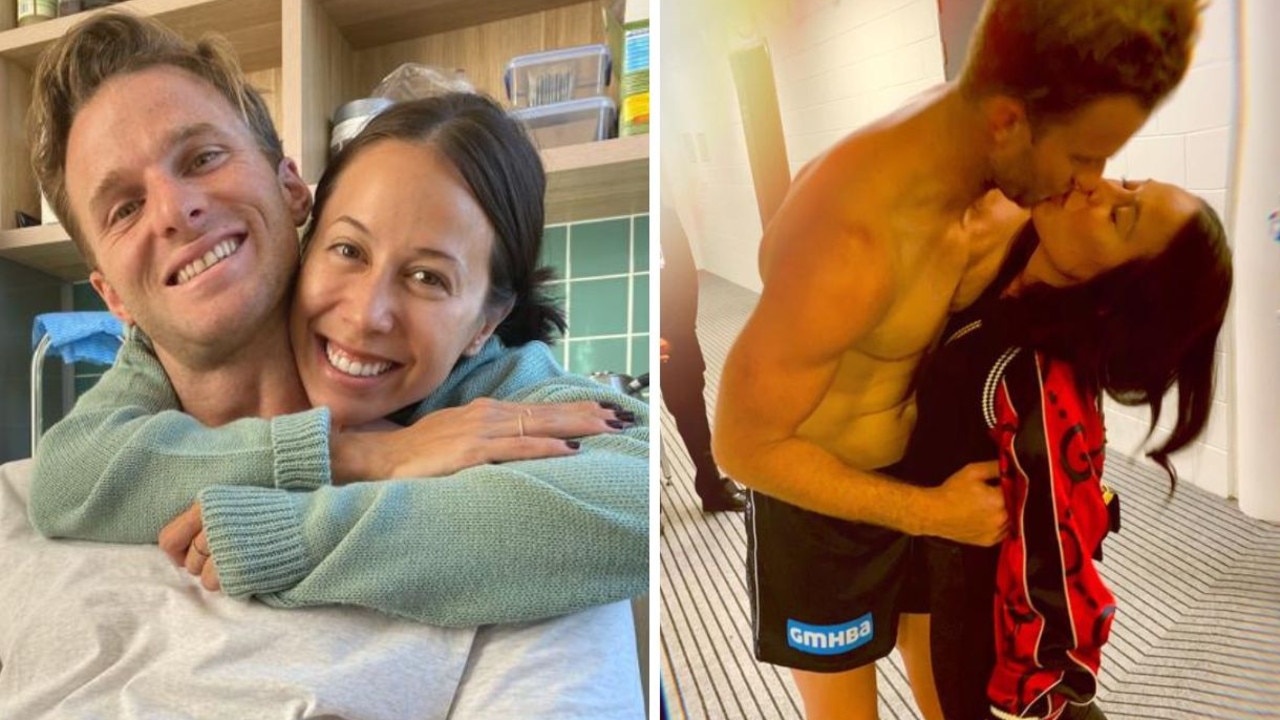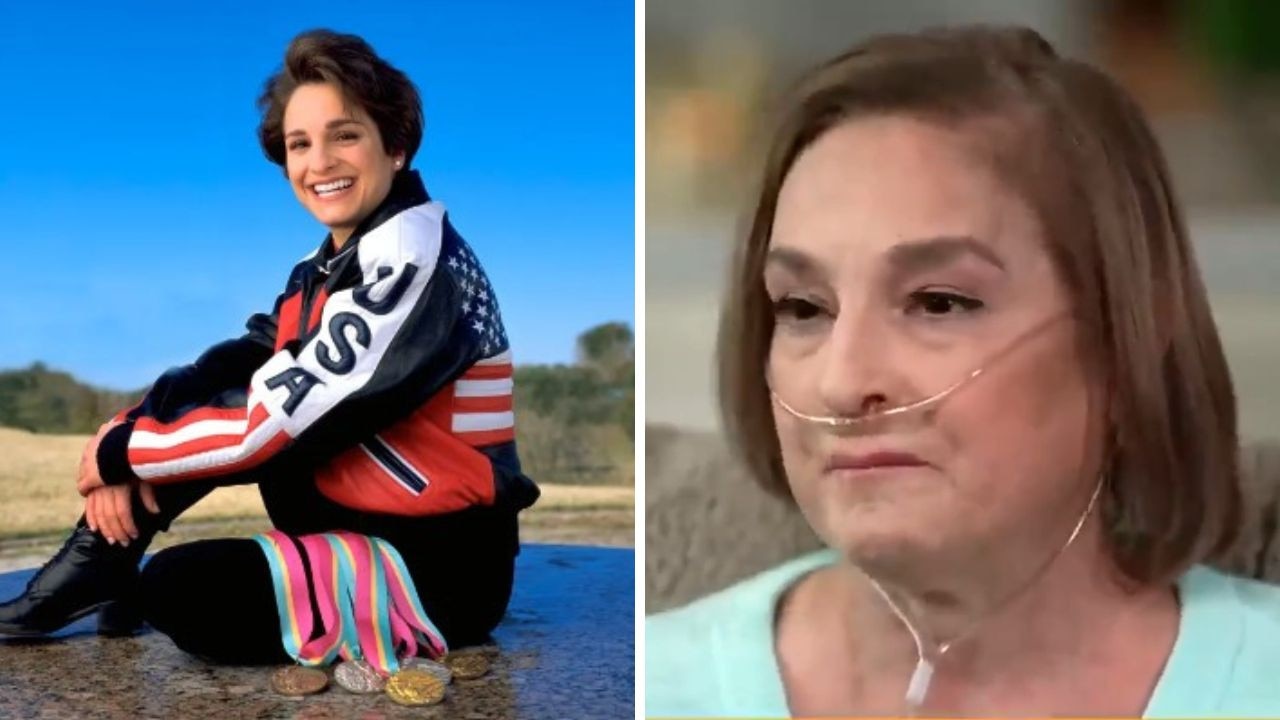‘I have no idea who I am if I’m not a swimmer’: Libby Trickett on facing her retirement from swimming
Libby Trickett had “no idea” who she was if not a swimmer. So it took something “catastrophic” to force her out of the pool.
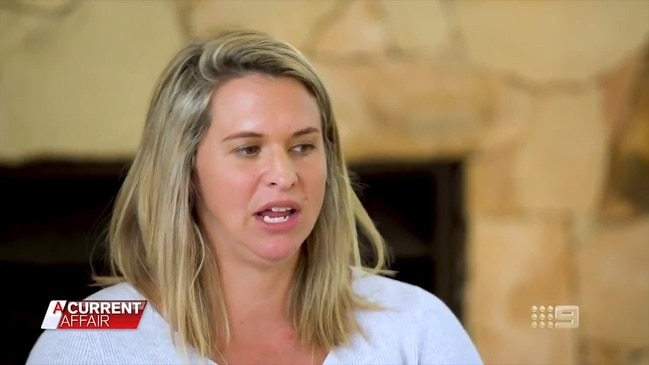
There are no waiting times for elite athletes.
When the pain in my wrist doesn’t lift, I go to see one of the leading sports doctors in Brisbane; he sends me for an MRI and refers me to a specialist, and I get in straight away.
I go to Dr Phillip Duke in his private rooms at St Andrew’s Hospital, where the walls are lined with autographed rugby jerseys and sporting memorabilia. He treats the Wallabies and the Queensland Reds, so he knows a sporting injury when he sees one. And he knows exactly what he’s looking at when he sees my scans.
“You’ve had a catastrophic injury to your wrist,” he says. “It’s a full tear of the scapholunate, and it could very easily mean the end of your swimming career.”
This is confronting — of course it is. The word “catastrophic” is confronting. But the end of my swimming career? How is that even possible? I was doing weights at the gym one day and felt a twang in my wrist. And now we’re talking about the end?
I want to go to my fourth Olympics so badly I can taste it. After a while, your career is not about any single gold medal, it’s about longevity. The pack starts to fall away, and you find yourself in a rarer and rarer crowd: the elite of the elite. And you get a rush from chasing that kind of distinction. I’m swimming for my legacy.
Three Olympics is impressive, but four is legendary. If I swim at four Olympic Games, history will remember me. I don’t mean to sound egotistical — I just want people to think of me fondly, the way I think about the great swimmers who came before me.
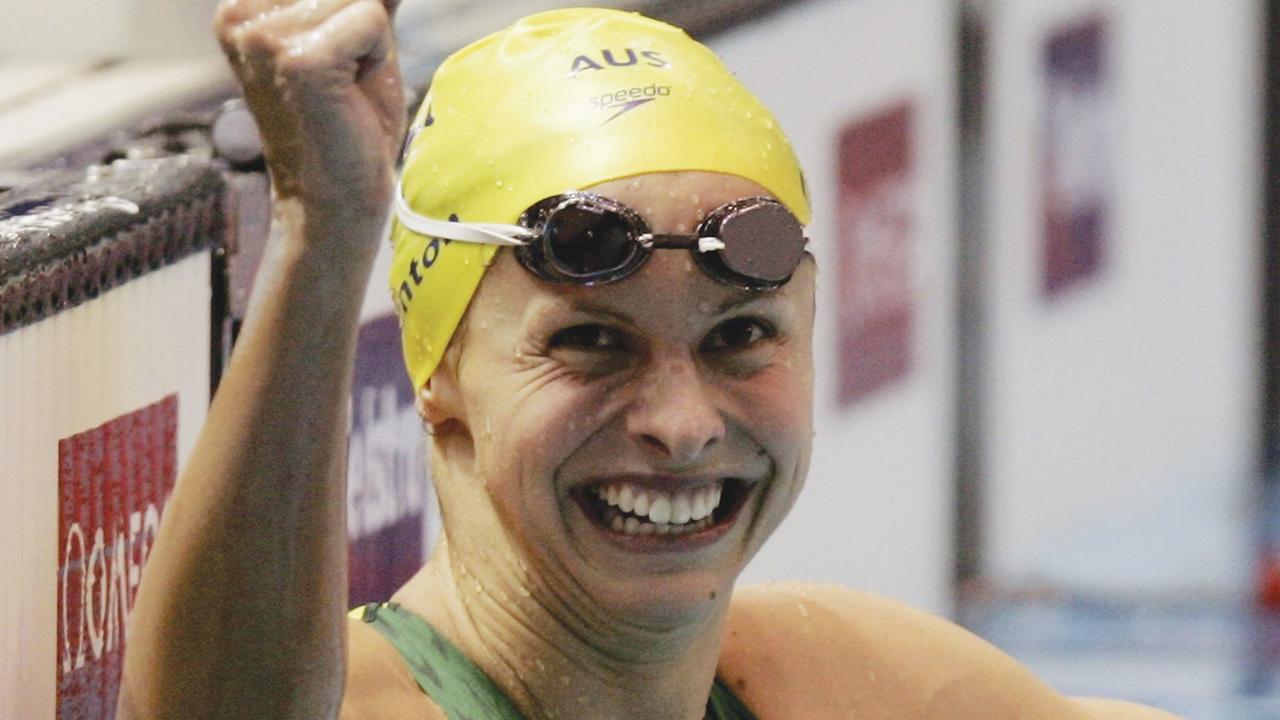
The surgery is scheduled for December 2012, and I’m in the pool right up until the day I have to go into hospital. I’m doing a lot of kick work, keeping my legs strong while my wrist is out of action.
Three months is fine, I think. Barcelona (World Championships in July 2013) is not going to happen, but I can have three months out and still get back in form and on track for the Rio Olympics in 2016.
So many people have come back from severe injuries, I tell myself. I am a doggedly optimistic person — pig-headed, some might say. But that attitude has always served me well — it helped me become a champion — so why should I behave any differently now?
Libby Trickett was Australia’s golden girl but behind that trademark smile she has harbored a very private struggle. #9ACA pic.twitter.com/sP8xTz27M2
— A Current Affair (@ACurrentAffair9) September 26, 2019
What am I supposed to do, if not this? I have no idea who I am if I’m not a swimmer; my brief flirtation with retirement in 2009 really drove that point home. I have no other skills, no training, no plan B. And I don’t want to do anything else. I wish I could compete forever.
Thoughts sneak in quietly and begin taking up space in my brain. It’s a gentle creep, month after month, dulling my competitive edge. I think it’s a form of kindness, really. Like my subconscious mind knows that I can’t deal with what is coming, so it loosens the cap just a little bit and lets the air leak ever so slowly out of my dreams.
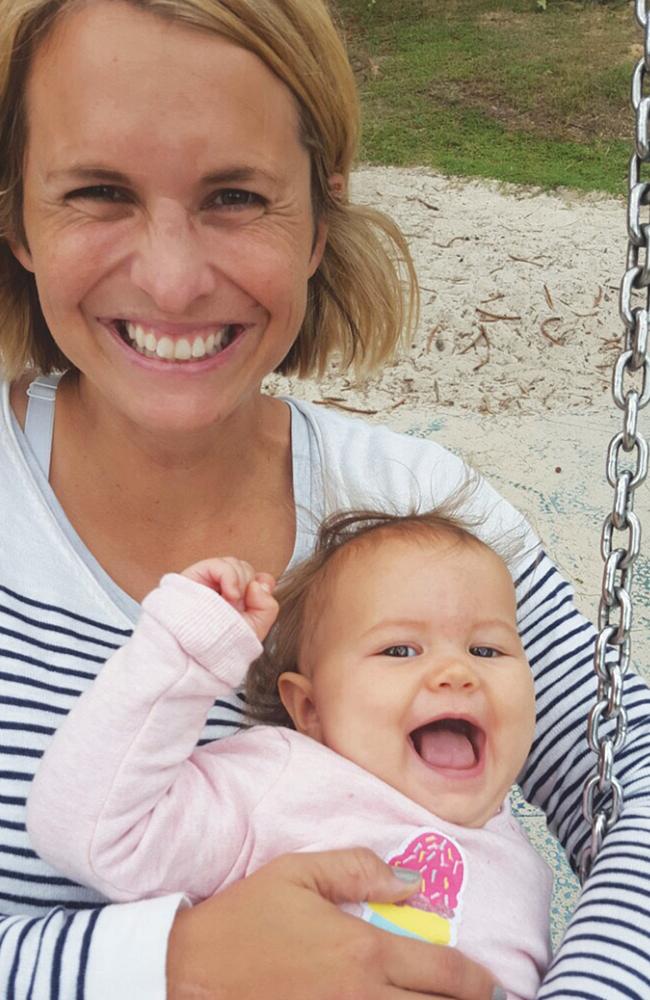
I so desperately want to keep swimming. I don’t want the last year to have been a waste — the hours I’ve spent in the pool, the weight training, sacrifices. My body and my heart have accepted that I have to move on, but my mind is slow to catch up. I know that this is a process I have to go through. I think the actual injury was necessary because I would never have retired of my own volition. And that’s what I have to do: I have to retire. And this time I will not go back.
I have to tell people that I’m retiring from swimming and I’m drifting off into oblivion, with no further plans. The path ahead is totally dark — that’s the honest truth. But I have a new manager, and she’s also of the opinion that I should retire with a forward schedule, and failing that I should just make one up.
“Go out on a positive note and people will remember you in a positive way,” she says.
She’s wangled some early meetings about a reality TV show proposal that I might be involved with, and even though it’s a bit premature, we agree that this is what I’ll mention when people ask me what’s next.
Apparently “I have no idea and I’m terrified” is not an acceptable answer.
I’m scheduled to appear on The Project in July 2013, seven months after the operation. It’s time. Part of me wonders if I should even bother making a formal announcement, but it seems to be the done thing and it’s better for my career. I’m thinking about this while sitting in hair and make-up at the Network 10 studio in Melbourne. What career, seriously? My career is behind me. But the hope is that opportunities will present themselves if people know I’m not busy in the pool.
If the reality TV show actually gets off the ground, I’ll be a media personality, I suppose, but I wish I didn’t have to mention it in the same breath as the end of my Olympic dreams. One of these things means the whole world to me, and the other means nothing at all.
There’s a huge spread of food and drink laid out in the green room, but I don’t touch it. I’m nervous. Once I say it on live television, it’s real. I’ve been dreading this moment ever since I made the decision, and part of me wants to turn around and run. Another part of me is calm.
Later, when I’m alone in the hotel room, thinking it all through, I will remember everything I have achieved over the last 10 years and I will feel proud. You did a great job, Libby, you really did. But right now there are knots in my stomach.
A production assistant comes to collect me, and we walk into the studio where The Project is filming. I marvel once again at how small everything looks in real life — the studio itself, the desk, the audience. But the lights are startlingly bright, and I can feel the adrenaline building as I take my seat and say hello to the hosts, who are shuffling their papers and getting ready to come back from the commercial break. Then the red light on the camera flicks on and everyone is smiling at me; all kind people. And I smile back, and tell them that my swimming career is over.
This is an edited extract from Beneath The Surface: A Memoir by Libby Trickett (Allen & Unwin, $32.99), which is out on Tuesday
For the full story, Stellar Magazine is available inside The Sunday Telegraph, Sunday Herald Sun and The Sunday Mail
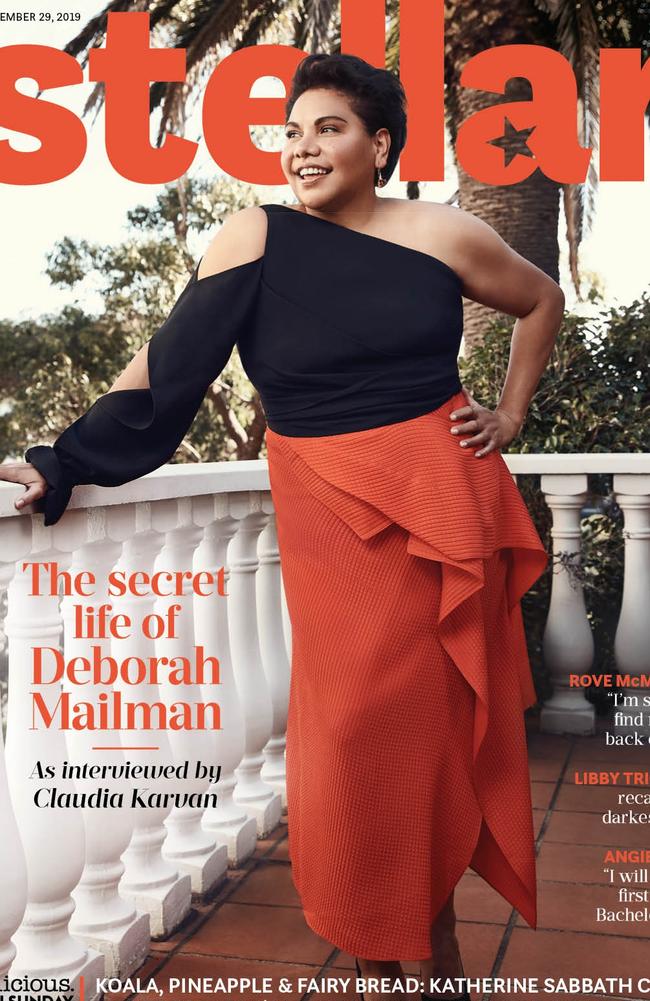
For more from Stellar, head to www.stellarmag.com.au

